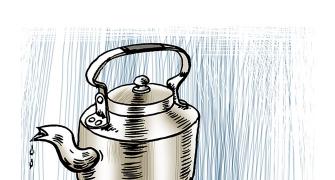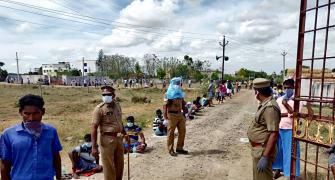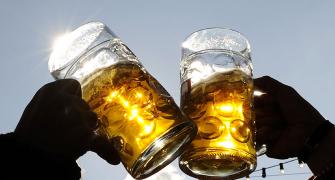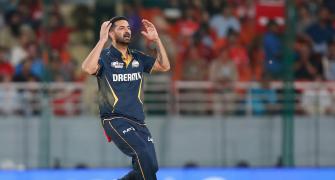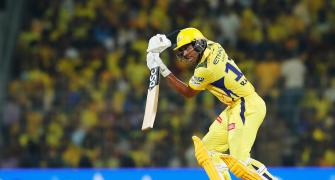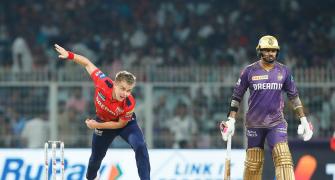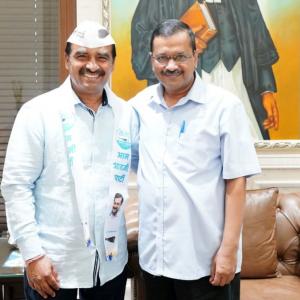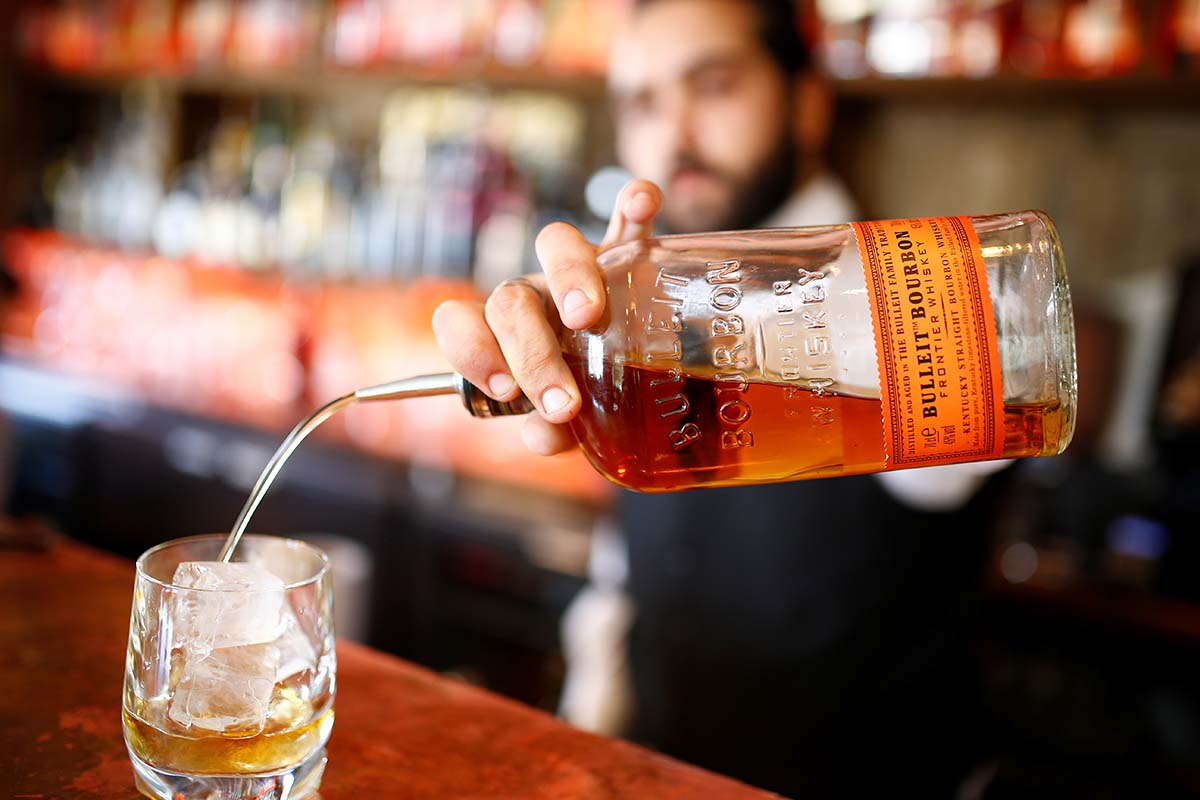The point made by sociologist M N Srinivas, that it represented a Sanskritic act that was linked to caste, is never raised in Indian debates and the disapproval of drink is almost universal, notes Aakar Patel.

I am writing this from Gujarat, where the government has decided to lift prohibition in one part of the state.
As a news report put it, this was done to 'attract global financial institutions', and to that end 'alcohol would be allowed at hotels/restaurants/clubs offering "Wine and Dine" in Gujarat International Finance Tec-City near the state capital Gandhinagar.'
This, the report added, would be available only to officials, employees and owners working from GIFT city, who would be exempt from the prohibition law, which makes alcohol consumption illegal across the state.
Other Gujaratis who drank would continue to be forced to abstain or forced to do it illegally.
It is interesting to see what the origin of prohibition in law in India has been, from the Constitutional point of view.
The sociologist M N Srinivas has written that the use of alcohol and intoxicants in Hindu religious ritual is part of the practices of popular and indigenous cultures.
However formal religious rites involve no alcohol and like beef, the idea of consuming the 'som' intoxicant in a ritual was given up long ago and made taboo.
In the Constituent Assembly, the claim was made (by Congressman B G Kher) that 'the drinking of liquor is one of the five deadly sins which the Smritis have laid down' and that not only Hindus and Muslims but even Christians viewed it as a sin.
When the point was made by other members that alcohol was a part of Adivasi culture and ritual, Congressman V I Muniswami Pillai claimed that 'there is no such thing as require liquor, toddy, brandy or any such thing, at the time of the ceremonies of the aborigines'.
He said that alcohol came to the indigenous people with the British and had left with them.
A spirited response to the Hindu conservatives came from B H Khardekar, an independent who represented Kolhapur.
He said that the arguments being put forward in favour of prohibition did not hold.
The first argument, that the Americans had enforced it between 1920 and 1933, was flawed because the Americans had let it go.
The second, that the Congress had pledged itself to it, did not matter because the Congress was only one political party after Independence and did not represent the nation.
The third, that the claim that Parsis and Christians were also in favour of prohibition, was bogus.
And last, that Gandhi was in favour of it, did not hold because Gandhi was also against compulsion.
Khardekar also spoke of lost excise revenues which could be put to use to build the state and also quoted the economist Harold Laski's Liberty in the Modern State in which he says prohibition infringes on personal liberty.
His is the most structured and factual intervention in the debate. But his primary arguments were dismissed by the others as being either of no consequence or resoluble.
In absence of any pushback other than from Khardekar and a clear Congress desire to push this through on moral grounds, the amendment was accepted.
Article 47 reads: 'The State shall regard the raising of the level of nutrition and the standard of living of its people and the improvement of public health as among its primary duties and, in particular, the State shall endeavour to bring about prohibition of the consumption except for medicinal purposes of intoxicating drinks and of drugs which are injurious to health.'
The provision was smuggled in under the cloak of health and well-being.
But as the decades have shown, the obligation of the State in the first part, of raising the levels of nutrition and standard of living and improvement of health, and indeed these being its primary duties, has been followed in the breach.
India stood 129th out of 189 nations in the 2019 United Nations Development Programme human development index which measures life expectancy, education and per capita income.
In 2023, it was ranked at 132.
Since independence, Gujarat has always been under prohibition but had an HDI rank of 14 among 25 Indian states in 2017 ('Human Development Index across Indian states', State Bank of India, Issue 94, FY 2019).
Bihar, which is currently under prohibition ranked 25, the very last among all states surveyed.
In 2022, the Harvard Center for Population and Development Studies assessed the performance of India's states and districts on the POSHAN Abhiyan.
This was a programme launched in March 2018 with a stated aim to achieve improvement in the nutritional status of pregnant women, adolescent girls, lactating mothers, and children under six.
Gujarat has the lowest rank at 28.
The data shows that it is very hard to relate prohibition in India to that Constitutional goal of raising of the level of nutrition and the standard of living of its people and the improvement of public health.
And to be honest, this was never the real reason, just as the desire to ban cow slaughter is unrelated to the State's 'endeavour to organise agriculture and animal husbandry on modern and scientific lines', as Article 48 puts it.
It is religious conservatism parading as science.
Prohibition in India is pushed always from the moral point, that of women's well-being and societal well-being.
The point made by Srinivas, that it represented a Sanskritic act that was linked to caste, is never raised in Indian debates and the disapproval of drink is almost universal.
Aakar Patel is a columnist and writer and you can read Aakar's earlier columns here.
Feature Presentation: Aslam Hunani/Rediff.com

